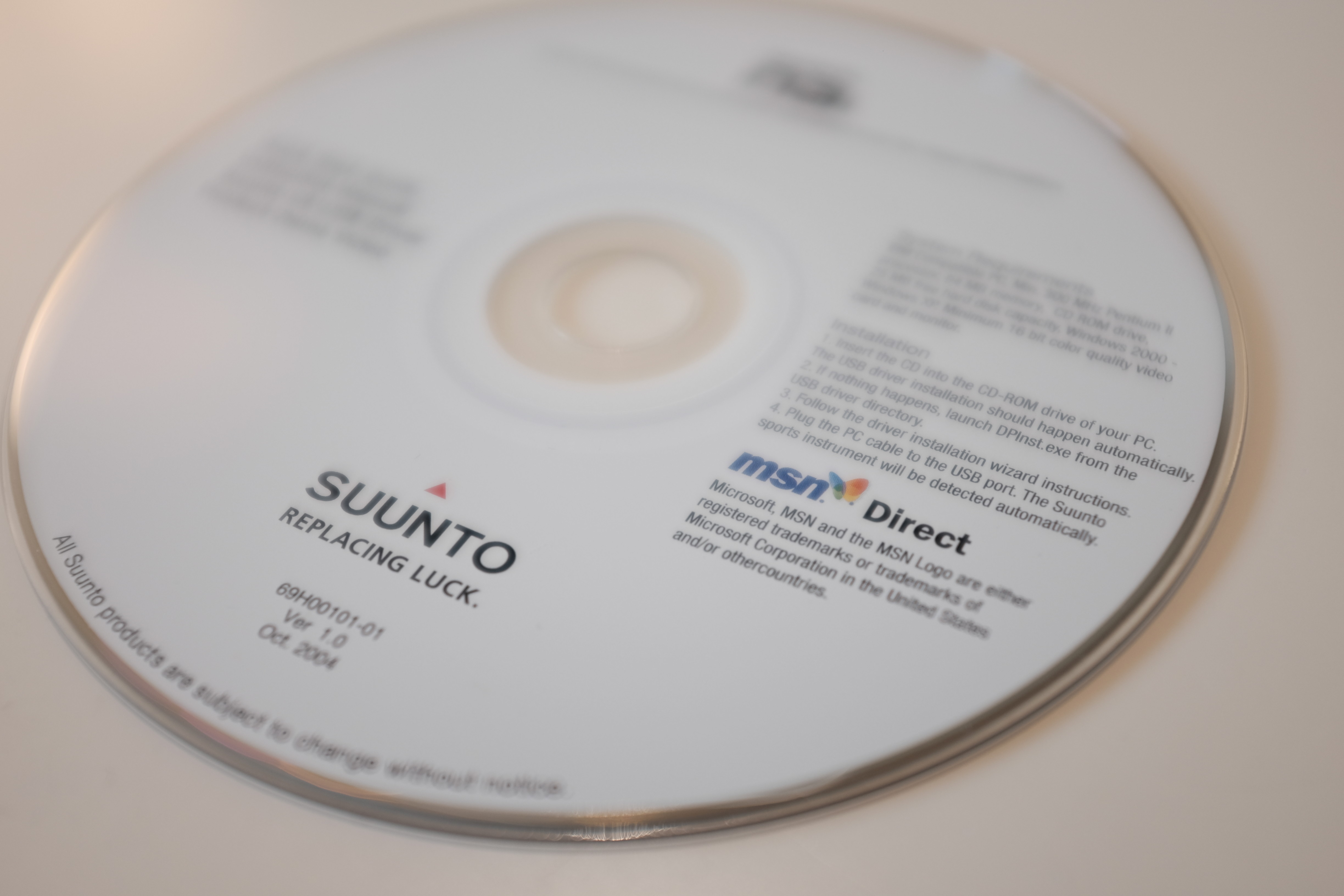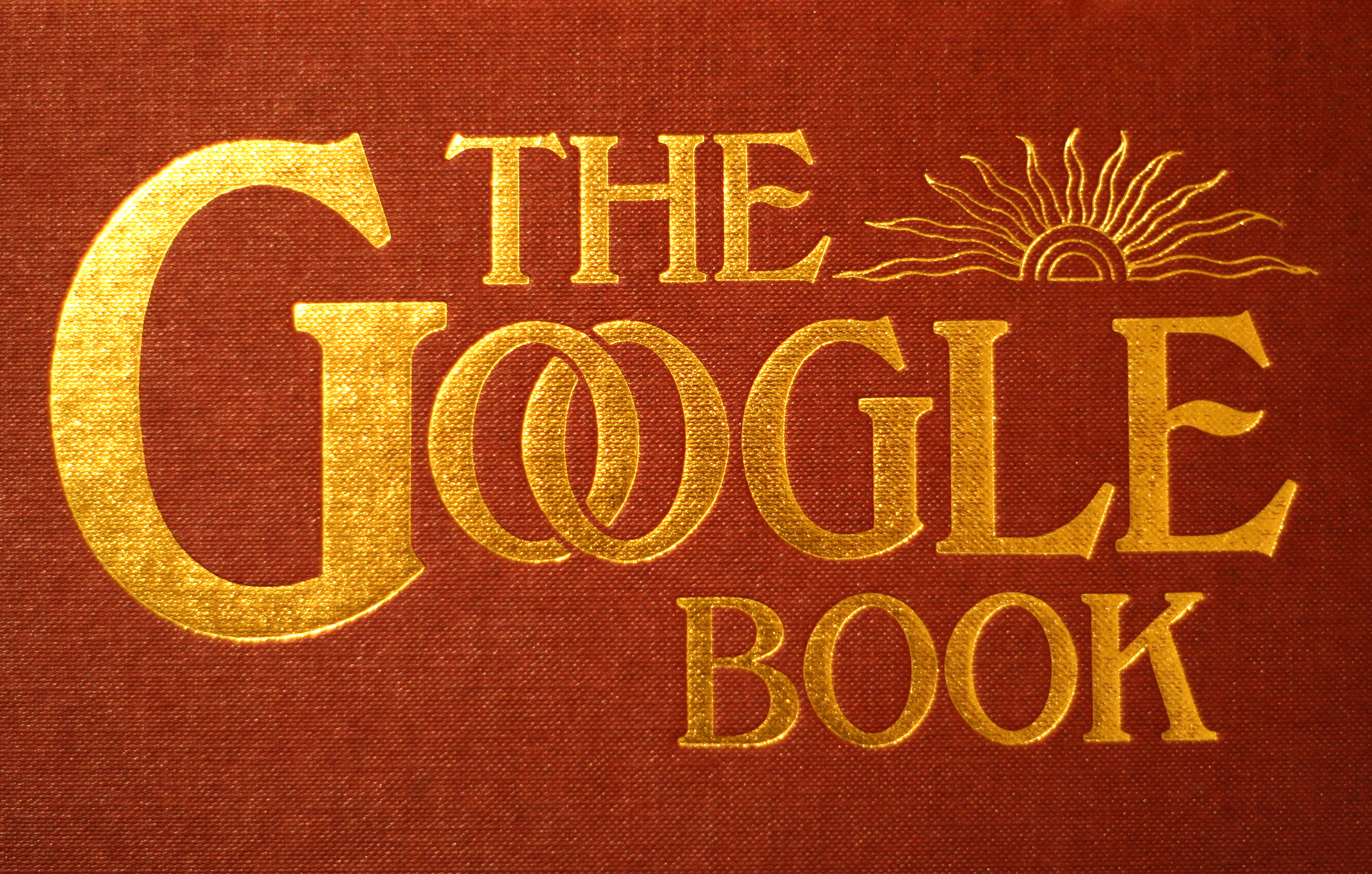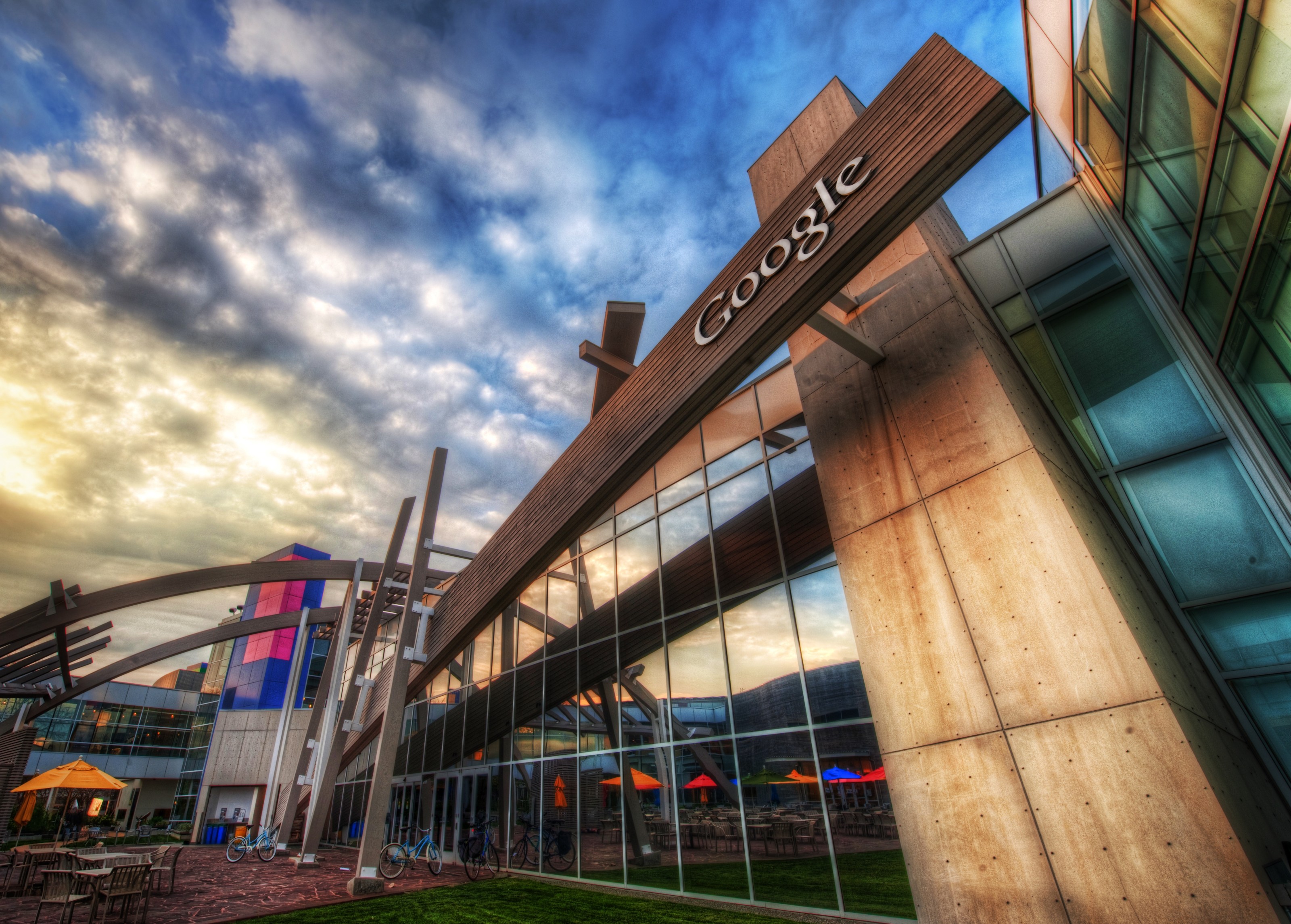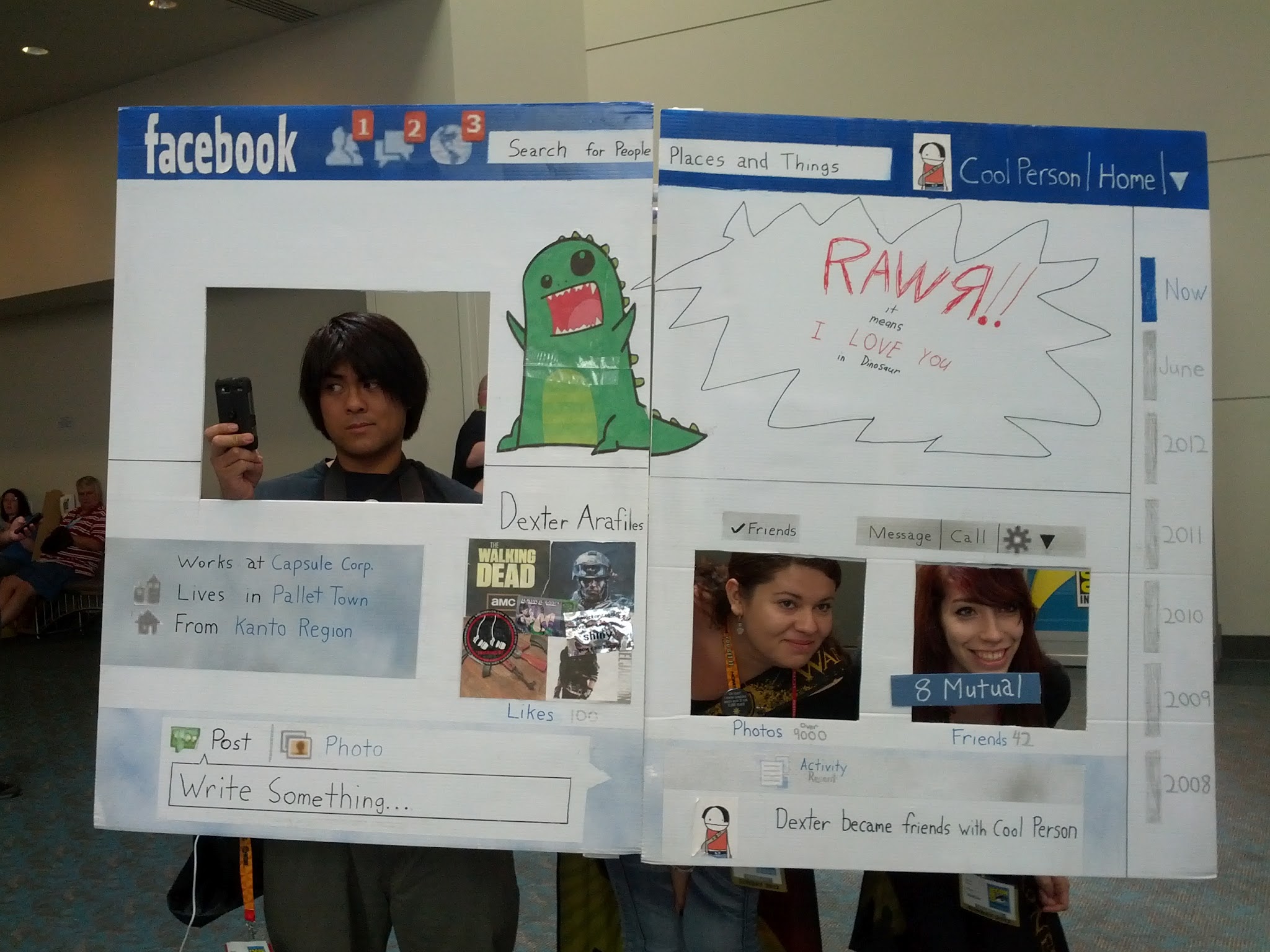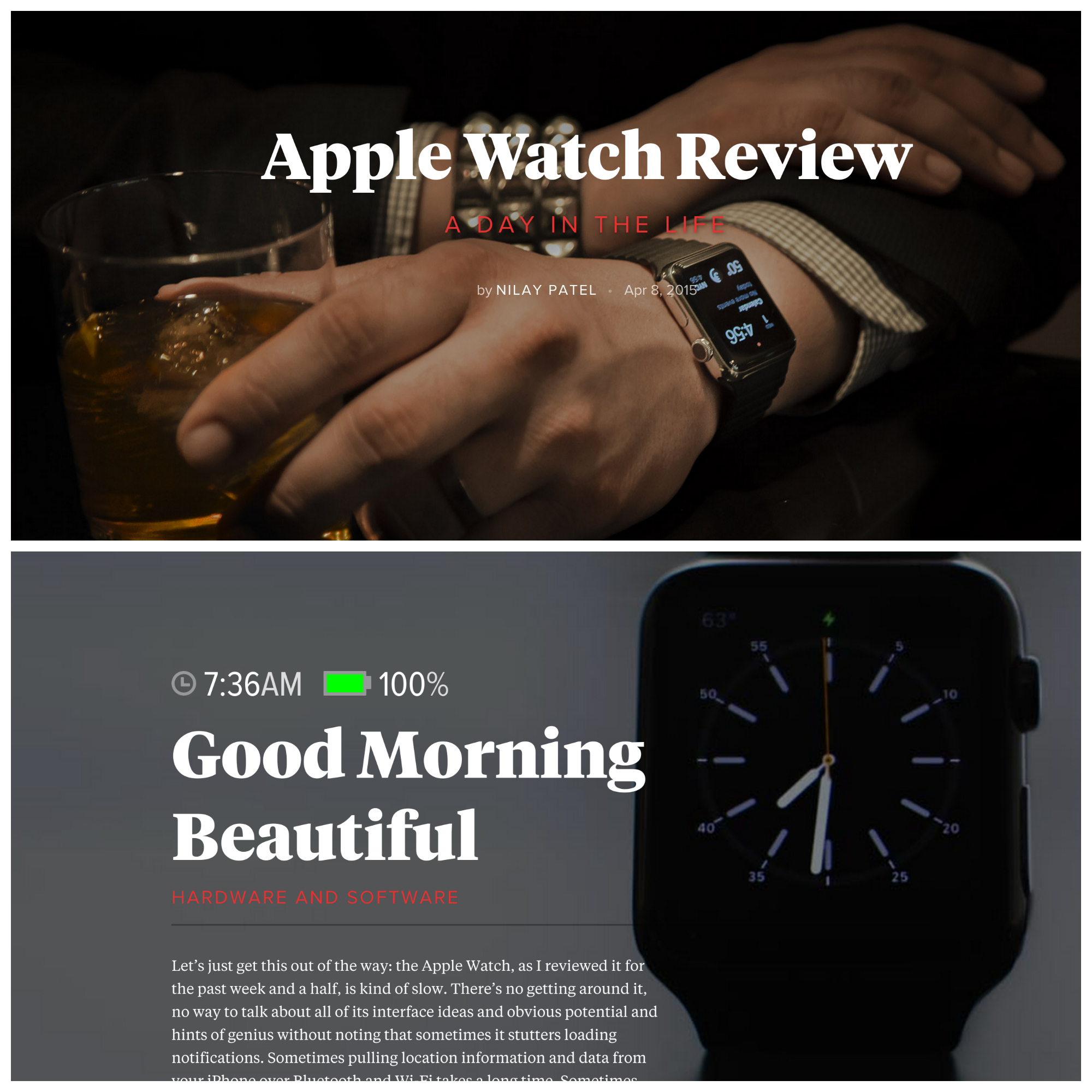Sunday afternoon, I cleaned out old CDs from a folder to make room for DVDs the family will keep but in more manageable storage. The things we save and forget about: install disc for the Suunto N3i MSN Direct smartwatch. The discovery is opportunity to express one of my ongoing gripes regarding news gathering today: Wild speculation about things to come that ignores context of past accomplishments.
Consider the smartphone, which you would think Apple invented based on all the blog blathering. Credit belongs to Nokia, about 20 years ago. Then there is the smartwatch. My feedbox fills with increasing speculation about when Microsoft will develop a wristwear platform or when will traditional timepiece makers produce the devices. Been there, done that.
